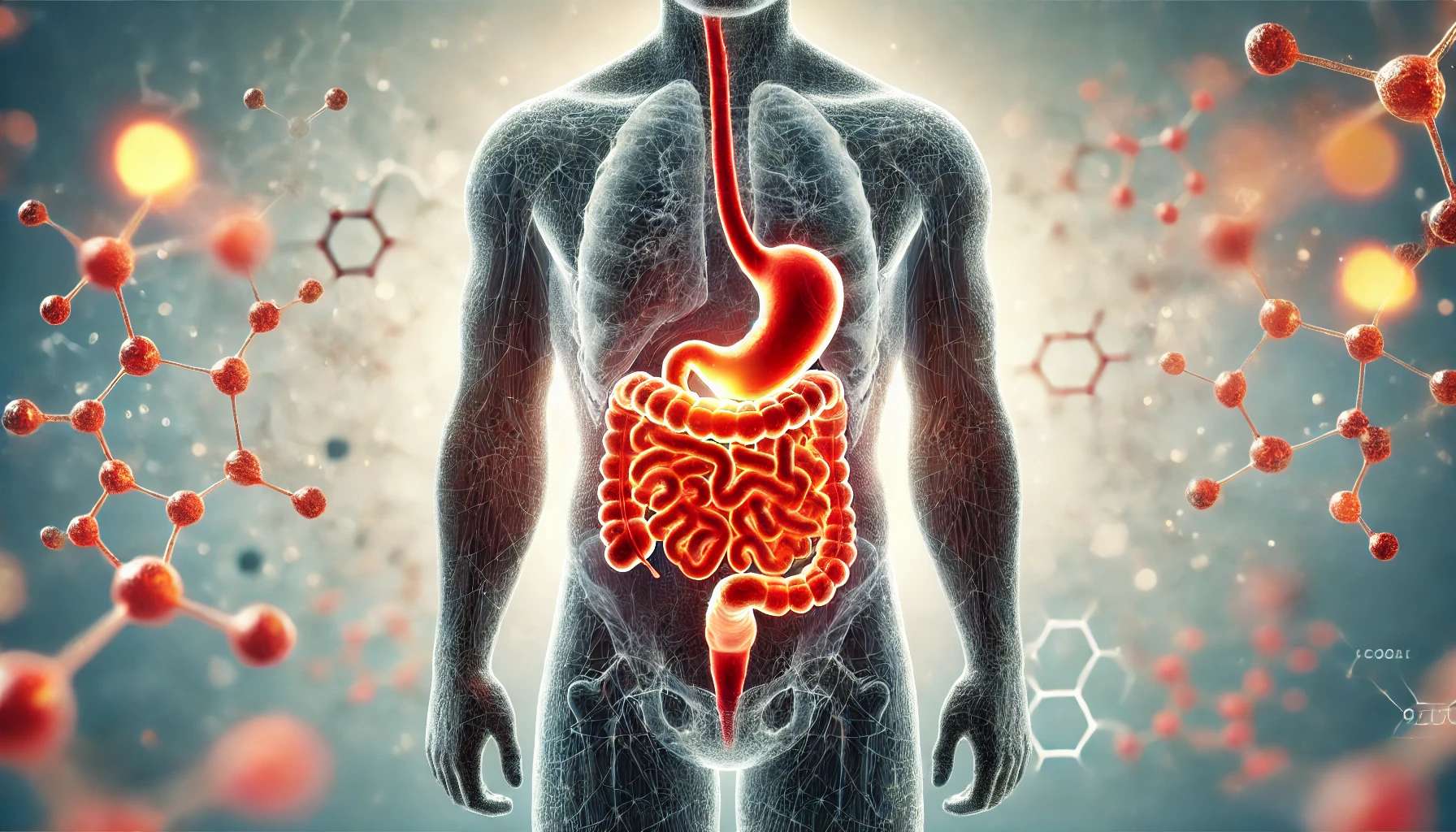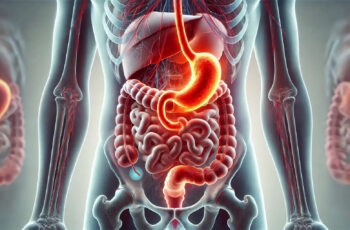Ad Blocker Detected
Our website is made possible by displaying online advertisements to our visitors. Please consider supporting us by disabling your ad blocker.
Living with Crohn’s Disease is like riding an unpredictable rollercoaster—calm moments can suddenly give way to gut-wrenching twists. For millions worldwide, this chronic condition brings not just physical discomfort but also emotional and mental challenges.
Crohn’s Disease is a type of inflammatory bowel disease (IBD) that primarily affects the digestive system. Its hallmark is inflammation, which can lead to pain, fatigue, and a host of complications. This guide is designed for those living with Crohn’s Disease, their support systems, and anyone eager to understand this condition. By learning more about its symptoms, causes, and treatments, you can find ways to navigate this journey—and even thrive.
Understanding Crohn’s Disease
What is Crohn’s Disease?
Crohn’s Disease is a long-term inflammatory condition that can appear anywhere in the digestive tract—from the mouth to the anus. It’s different from Ulcerative Colitis, which mainly affects the colon and rectum. With Crohn’s Disease, the inflammation can occur in patches, often sparing some parts of the digestive system while severely affecting others.
How does Crohn’s Disease affect the digestive system?
The condition triggers an immune response that mistakenly attacks the gastrointestinal (GI) tract, leading to chronic inflammation. Over time, this can result in serious issues such as:
- Ulcers: Painful sores that form along the GI lining.
- Fistulas: Unnatural tunnels connecting different organs or sections of the bowel.
- Strictures: Areas of the intestine that become narrowed due to persistent inflammation and scarring.
This constant inflammation can disrupt digestion, nutrient absorption, and overall gut function, leaving patients dealing with pain and malnourishment.
Symptoms and Diagnosis
What are the common symptoms of Crohn’s Disease?
Symptoms of Crohn’s Disease vary widely but may include:
- Persistent abdominal pain and cramping
- Chronic diarrhea, sometimes mixed with blood
- Sudden weight loss or poor appetite
- Fatigue or low-grade fever
Beyond the digestive system, Crohn’s Disease can affect the entire body, causing:
- Skin problems, such as rashes or painful sores
- Joint pain and swelling
- Eye conditions like redness or inflammation
Symptoms may come and go, with periods of remission followed by sudden flare-ups.
How is Crohn’s Disease diagnosed?
Diagnosing Crohn’s Disease typically requires a combination of tests, including:
- Bloodwork: To identify inflammation markers or anemia.
- Stool analysis: To rule out infections or blood in stool.
- Endoscopy/Colonoscopy: Allows for a closer look inside the digestive tract, often involving biopsies.
- Imaging scans: CT or MRI scans can help pinpoint inflammation or detect complications like strictures or fistulas.
Prompt diagnosis is crucial, as early intervention can reduce the risk of long-term complications.
Causes and Risk Factors
What causes inflammation in Crohn’s Disease?
Though the exact cause remains a mystery, several factors are believed to contribute to Crohn’s Disease:
- Genetics: Family history plays a significant role in susceptibility.
- Immune system errors: The immune system overreacts, attacking the gut.
- Environmental triggers: Smoking, stress, and even diet may play a role.
Interestingly, gut bacteria imbalances—called dysbiosis—are being explored as a key player. Emerging research suggests the gut microbiome’s health directly impacts inflammation.
Can stress trigger Crohn’s Disease flares?
Stress, while not a direct cause, can act as a trigger for flare-ups. The gut-brain connection is strong, meaning heightened stress can worsen symptoms. It’s also worth noting that dealing with a chronic illness can lead to anxiety or depression, creating a vicious cycle. Prioritizing mental health is just as important as managing physical symptoms.
Treatment and Management
What are the best diets for people with Crohn’s Disease?
Diet is a cornerstone of Crohn’s Disease management. While no single diet works for everyone, certain approaches may help:
- Low-fiber diets: For those with strictures, reducing fiber can ease symptoms.
- Elemental diets: Nutritionally complete formulas may benefit patients in severe flare-ups.
- Anti-inflammatory diets: Like the Mediterranean diet, which emphasizes whole foods, healthy fats, and lean proteins.
Keeping a food diary to identify personal triggers—like dairy, spicy foods, or alcohol—can also make a big difference. However, diet is only a part of the puzzle and should always complement medical treatment.
What medications are used to treat Crohn’s Disease?
Treatment options vary based on the severity of the disease but may include:
- Anti-inflammatory drugs: To calm inflammation during flares.
- Immunosuppressants: These target the overactive immune response.
- Biologics: Cutting-edge therapies that block specific inflammation-causing proteins.
In some cases, surgery might be necessary to address complications like strictures or fistulas.
Living with Crohn’s Disease
Managing this condition often involves more than just medications. Lifestyle adjustments can have a significant impact:
- Stress reduction: Practices like yoga, meditation, or even daily walks can help.
- Support networks: Joining Crohn’s Disease support groups, whether in-person or online, can reduce feelings of isolation.
- Staying informed: Advances in research, like microbiome therapies or new biologics, give hope for better treatment options.
Conclusion
Crohn’s Disease may feel like an uphill battle, but with proper management, it’s possible to reclaim your quality of life. The keys lie in early diagnosis, personalized treatment, and building a strong support system.
If you or someone you know is navigating life with Crohn’s Disease, know that help is available. Reach out to medical professionals, connect with communities, and stay optimistic about future advancements. Together, we can work toward a better understanding of this condition and improve the lives of those affected.
Share this guide to raise awareness and empower others facing the challenges of Crohn’s Disease. Knowledge and understanding can pave the way for compassion and breakthroughs in care.
Disclaimer: This article provides general information only and is not a substitute for professional medical advice. Always consult your healthcare provider for personalized care recommendations.




